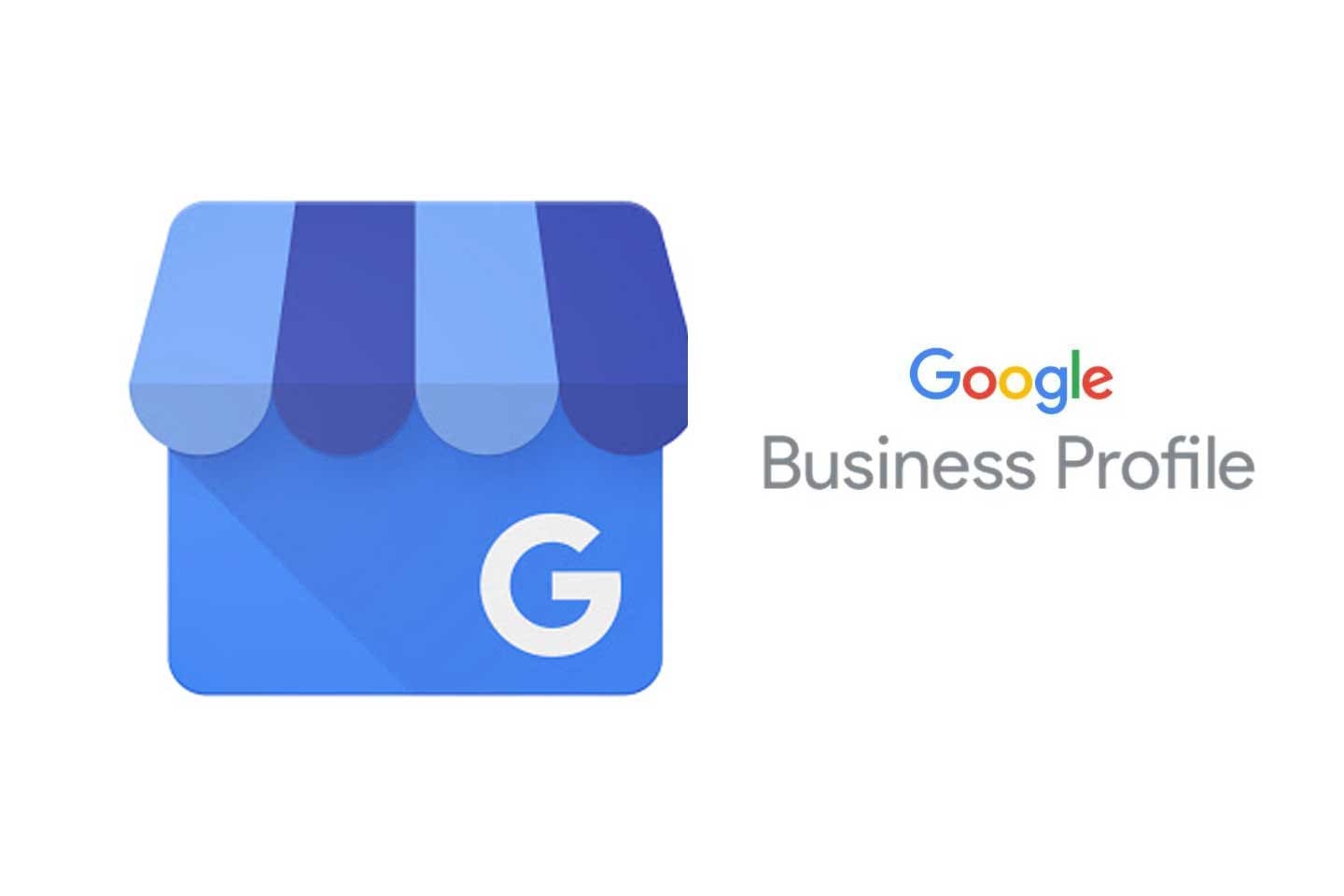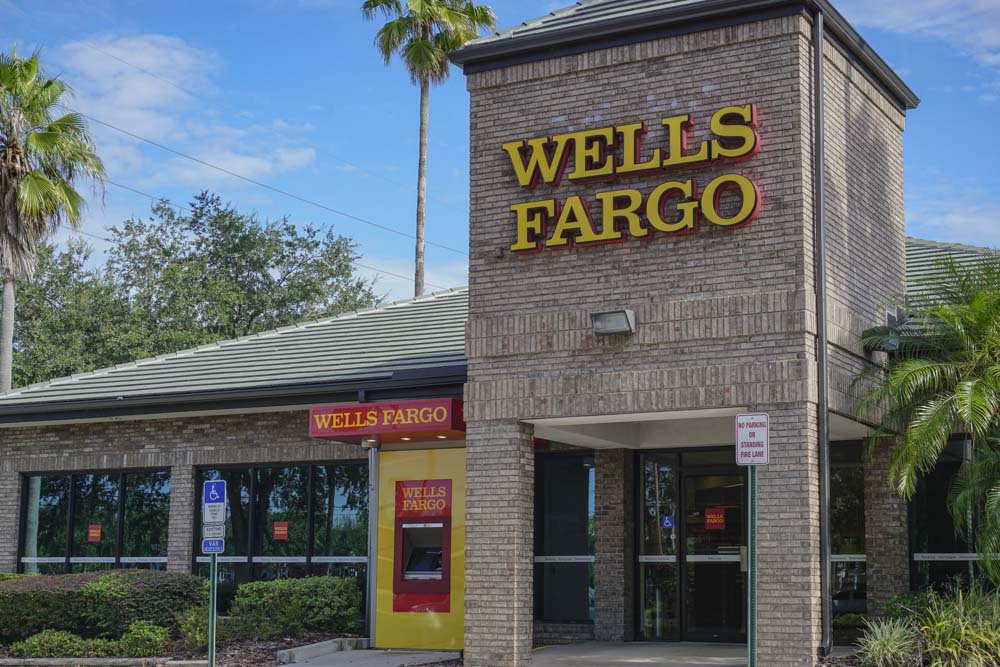One of the top business directory websites for local listing sites is Google Business Profile, allowing businesses to create and manage their online presence. It is an effective platform for local businesses to showcase their information, connect with customers, and improve their visibility in search results.
For businesses looking to increase their online visibility and connect with local customers, a strong presence on local business listing websites is essential. Google Business Profile allows businesses to create a comprehensive listing that includes crucial details such as business name, website URL, physical address, contact number, opening hours, logo, and images.
By effectively leveraging local business directories like Google Business Profile, businesses can enhance their online visibility, attract more customers, and boost their local search rankings. This makes Google Business Profile an indispensable tool for local businesses seeking to establish a strong online presence.
Impact Of Local Listings On Business Growth
Local listings play a crucial role in business growth, with top business directory websites being paramount for local listing sites. These platforms, such as Google Business Profile, Yelp, and others, enable businesses to improve visibility, attract customers, and enhance their online presence to drive growth and success.
Impact of Local Listings on Business Growth
Local listing sites play a crucial role in the growth and visibility of businesses in the digital landscape. They provide a platform for businesses to enhance their online presence, reach potential customers, and improve their overall growth. By having a strong presence on key local listing websites, businesses can significantly impact their visibility, credibility, and customer trust, thereby fostering a positive growth trajectory.
Google Business Profile

Google Business Profile, formerly known as Google My Business, is a vital platform for local businesses to manage their online presence across Google’s various services, including search results and maps. Optimizing and maintaining a Google Business Profile not only enhances visibility but also allows businesses to provide crucial information such as operating hours, contact details, and customer reviews.
Yelp
Yelp, a prominent online review platform, holds significant influence over consumer decisions. Businesses listed on Yelp can leverage customer feedback to build a strong reputation and attract potential customers. Positive reviews and high ratings on Yelp can greatly contribute to business growth.
Facebook Business Page
A Facebook Business Page provides businesses with a social media platform to engage with their audience and showcase their products or services. It not only serves as a channel for customer interaction but also contributes to the overall online visibility of the business.
Better Business Bureau
The Better Business Bureau (BBB) is a trusted source for consumers to verify the legitimacy and reliability of businesses. A listing on BBB can enhance a business’s credibility, instill trust, and positively impact its growth.
Bing Places For Business
Citysearch
Citysearch provides local business listings, user reviews, and editorial content, offering businesses a platform to reach potential customers and secure a prominent position in their local markets.
Lists Biz

Lists Biz is the best business directory website to find online stores, restaurants, companies, businesses, and more.
Super Power List

Super Power List the go-to destination for all your business needs. Whether you’re a small local establishment or a multinational corporation, our platform is designed to connect businesses of all sizes with their ideal customers. We strive to be the one-stop-shop for anyone seeking top-notch products, services, and professional expertise.
In conclusion, improving a business’s visibility and reputation on local listing sites such as Google Business Profile, Yelp, Facebook Business Page, Better Business Bureau, Bing Places for Business, and Citysearch can significantly contribute to its growth and success.
Optimizing Business Information
Optimizing business information is crucial for getting the most out of local business directory listings. Consistency and accuracy across various directories can greatly impact local search visibility and customer engagement. Paying attention to certain crucial pieces of information can significantly enhance the business’s online presence. These critical pieces of information include:
Name, Address, Phone Number (nap)
Ensuring consistent and accurate NAP details across all directories is essential for local SEO. Inconsistent NAP information can confuse search engines and potential customers, leading to a negative impact on local search rankings.
Website Url
The business’s website URL should be correctly listed in all local directories. A well-optimized and user-friendly website can further enhance the business’s online presence and encourage potential customers to explore more about the business.
Business Description
Writing a compelling business description with relevant keywords can improve the business’s visibility in local searches. A well-crafted description should accurately represent the business while being appealing to potential customers.
Images And Videos
Uploading high-quality images and engaging videos can significantly improve the business’s listing performance. Visual content can attract more attention and create a strong impression, ultimately increasing customer engagement.
Managing Online Reputation
Online reputation management is crucial for any business that wants to establish trust and credibility with its customers. With the proliferation of business directory websites and local listing sites, businesses now have the opportunity to actively manage their online reputation. In this age of digital transparency, responding to reviews, encouraging customer feedback, and dealing with negative feedback are all critical elements of a comprehensive online reputation management strategy.
Responding To Reviews
Responding to reviews, whether positive or negative, shows that a business is attentive and values its customers’ opinions. When responding to reviews, businesses should always maintain a professional and courteous tone, whether expressing gratitude for positive feedback or addressing concerns raised in negative reviews. Being responsive to reviews not only enhances the business’s online reputation but also fosters trust and loyalty among current and potential customers.
Encouraging Customer Feedback
Encouraging customer feedback is an essential part of online reputation management. Businesses can utilize various channels, such as email campaigns, social media, and in-store promotions, to prompt customers to leave reviews or provide feedback on their experiences. By actively seeking and promoting customer feedback, businesses not only demonstrate their commitment to transparency and improvement but also garner valuable insights that can be used to enhance their products and services.
Dealing With Negative Feedback
Dealing with negative feedback requires a proactive and empathetic approach. Instead of ignoring or dismissing negative reviews, businesses should acknowledge the concerns raised and seek to resolve issues in a timely and respectful manner. By addressing negative feedback constructively, businesses can mitigate the potential impact on their reputation and demonstrate a genuine commitment to customer satisfaction.
Factors To Consider
When selecting a business directory website for local listing sites, there are several key factors to consider in order to maximize the benefits for your business. Understanding these factors can help you make an informed decision that aligns with your specific needs and goals.
Visibility And Reach
One of the most crucial factors when evaluating a business directory website is its visibility and reach. A directory with a broad audience and high visibility can significantly impact the visibility of your business within local searches. Consider directories that have a strong online presence and are well-indexed by search engines, as this can enhance your online visibility and attract more potential customers.
User-friendly Interface
Ensure the business directory website provides a user-friendly interface that offers ease of navigation for both business owners and consumers. A well-designed and intuitive platform can enhance the user experience, making it easier for customers to find and engage with your business listings. Additionally, a user-friendly interface can improve the efficiency of managing your business information within the directory.
Cost And Pricing Plans
When exploring business directory websites, it’s essential to consider the cost and pricing plans associated with listing your business. Evaluate the pricing structure to ensure it aligns with your budget and offers features that are valuable for promoting your business. Additionally, consider any potential hidden costs and compare the pricing plans to choose the most cost-effective option for your specific requirements.
Customization Options
Customization options play a significant role in creating a unique and impactful business listing. Look for a directory that offers customization features, allowing you to personalize your business profile with brand imagery, detailed descriptions, and other relevant information. A directory that enables customization can help your business stand out and attract more attention from potential customers.
Steps To Launching A Directory
Launching a directory website can be a lucrative venture, providing a valuable service to businesses while generating revenue through memberships, featured listings, and advertising. To ensure successful launch, we have outlined the essential steps from selecting the directory type to content creation and optimization, ultimately leading to publicity and promotion. Each step is crucial in building a comprehensive, valuable directory that serves the needs of businesses and consumers alike.
Selecting The Directory Type
The first step in launching a directory is to determine the type of directory you will launch. This involves deciding whether the directory will focus on a particular industry, location, or a general business listing directory. Consider the specific niche and audience to tailor the directory type accordingly.
Choosing Directory Software
After selecting the type, the next step is to choose the technology partner for your directory software. This is a critical decision, as the directory software will determine the functionality, user experience, and administrative capabilities of the website.
Defining Categories
Once the software is in place, defining the top-level and sub-level categories is essential. These categories will organize the listings and help users navigate the directory with ease.
Creating Membership Plans
Develop membership levels or pricing plan options to offer various benefits and features for businesses on the directory. These plans could include options for featured listings, promotional opportunities, or access to advanced analytics.
Adding Initial Listings
After setting membership plans, the next step is to create or import the initial listings. This is crucial to populate the directory with content and provide a valuable resource for users right from the launch.
Content Creation And Optimization
Create quality content for the directory, including informative blog posts, industry news, and resources. Optimize the content with relevant keywords and meta tags to improve search engine visibility and attract organic traffic.
Publicity And Promotion
Lastly, include new features, optimize the website for search engines, and devise a comprehensive publicity and promotion strategy. Utilize social media, email marketing, and networking with local businesses to drive traffic and increase awareness of the directory.
Relevance In The Changing Digital Landscape
In today’s rapidly evolving digital landscape, businesses are constantly seeking ways to stay ahead of the competition and maximize their online visibility. With the surge in e-commerce, local businesses need to harness the power of business directory websites to ensure their presence is prominent in the virtual realm. As consumers increasingly rely on online platforms for product and service information, it is crucial for businesses to adapt to the changing landscape and leverage modern trends and innovations provided by top business directory websites. These platforms serve as a critical avenue for sustaining and adapting to the market changes while maintaining a strong online presence.
Modern Trends And Innovations
Modern business directory websites offer a range of innovative features that adapt to the ever-changing digital landscape. From advanced search functionalities and interactive maps to personalized recommendations and mobile-friendly interfaces, these platforms are continuously incorporating new technologies to enhance user experience and provide businesses with more powerful tools for reaching their target audience. Embracing modern trends such as voice search optimization, AI-driven insights, and seamless integration with social media platforms can significantly elevate a business’s visibility in local listing sites.
Sustaining And Adapting To Market Changes
Successful businesses understand the importance of staying relevant in a dynamic market environment. Top business directory websites empower them to sustain and adapt to these changes by offering comprehensive analytics, customer review management, and the capability to update business information in real-time. In the face of shifting consumer behaviors and preferences, these platforms give businesses the agility to optimize their online presence, differentiate themselves from competitors, and respond rapidly to market trends. By leveraging the capabilities of local listing sites, businesses can ensure they remain competitive within the evolving digital landscape.
Frequently Asked Questions For Top Business Directory Website For Local Listing Sites
How Do I List My Business In Local Online Directories?
To list your business in local online directories, visit popular websites like Google Business Profile, Yelp, and Bing Places for Business. Input your business name, website address, physical address, phone number, hours, logo, and images. Confirm your listing to increase online visibility and attract local customers.
What Is A Local Business Directory?
A local business directory lists businesses based on their location, providing NAP information, a description, website link, and customer reviews.
How Do I Create A Business Directory Website?
To create a business directory website, first choose the directory type and technology partner. Then define categories and membership plans, add listings and quality content, optimize, and publicize. You can include NAP, description, website link, and customer reviews for each listed business.
Are Directories Still A Thing?
Yes, local business directories are still beneficial for improving online visibility and attracting local customers. Listing your business with essential details helps potential customers find you easily. Keep your information accurate and consistent across all directories for better results.
Conclusion
Leveraging business directory websites for local listing is essential for gaining visibility and attracting potential customers. By listing your business in online directories like Google Business Profile, Yelp, and others, you can enhance your online presence and boost your local SEO efforts.
Remember to regularly update and optimize your listings to maximize their impact.







